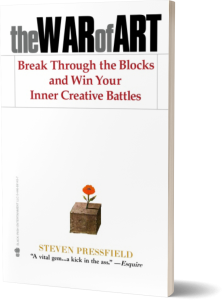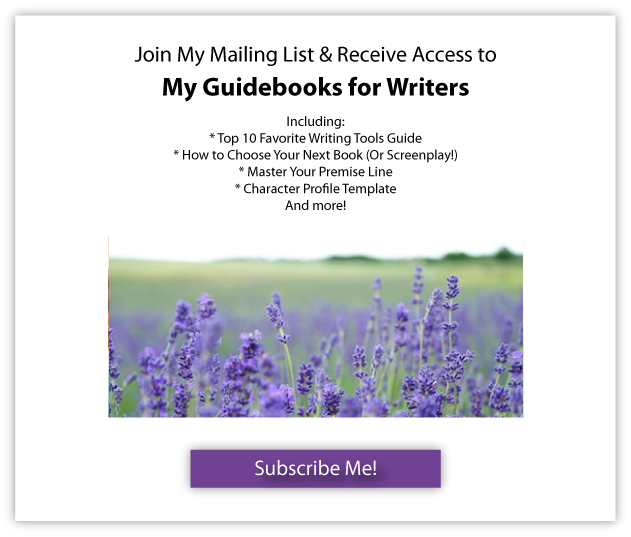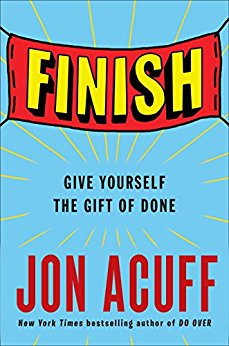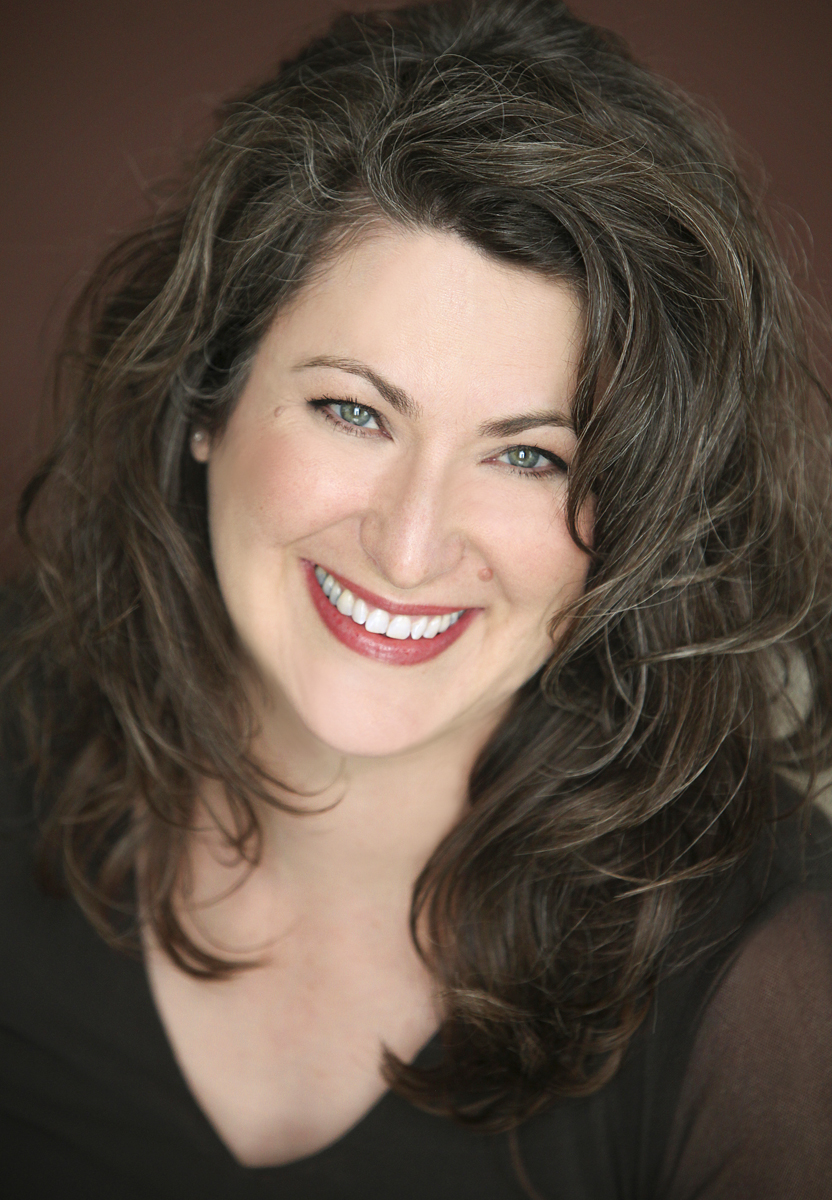Last week I wrote a piece for the Final Draft blog about 7 creative strategies to survive distance learning AND keep writing this fall.
Like many parents, school is majorly on my mind right now, so I’ve been thinking about how best to work with the situation as best I can. One thing I didn’t include in the article (and maybe should have) was how my husband and I are already dividing up the week into a split schedule so we each have solid chunks of protected work time. We’ll adapt that more as we move into the school season.
![]()
“The goal is simply to move forward. The goal is to progress, however slowly, in a productive direction. It is the realization that this is, now more than ever, a game of inches and not of miles.”
— Chuck Wendig
![]()
With many school districts here in the U.S. planning to open this fall with “full distance” or “hybrid” learning in short order, many writer-parents are anxiously wondering how to keep working their day jobs — let alone keep writing and preserve our well-being — on top of being full-time educators. (And even if you’re not in the U.S., let’s face it: writing and parenting always requires creative planning to pull off, so hopefully this is useful to you, too.)
As someone who has been working from home since 2002 (I’ve kept my business running through my two boys’ early childhoods; they’re now 6 and 12), I’ve come into this situation knowing firsthand how frustrating it can be to try to eke out time and space for work and writing in the midst of taking care of children. And managing distance learning only complicates the care.
Having said that, I also know it’s possible to continue to write, even when pressed for time, energy, and mental bandwidth.
Let me share with you a few things I’ve learned over the years.
Read the article on the Final Draft blog here —> 7 Creative Strategies to Survive “Distance Learning” and Keep Writing This Fall




 Do you have a copy of The War of Art?
Do you have a copy of The War of Art?












